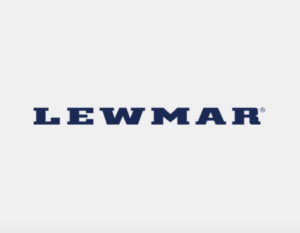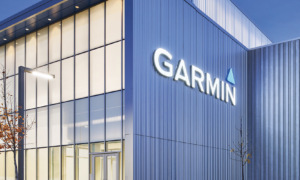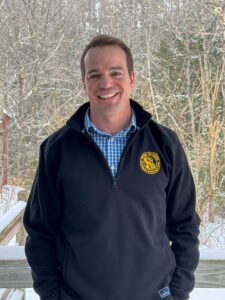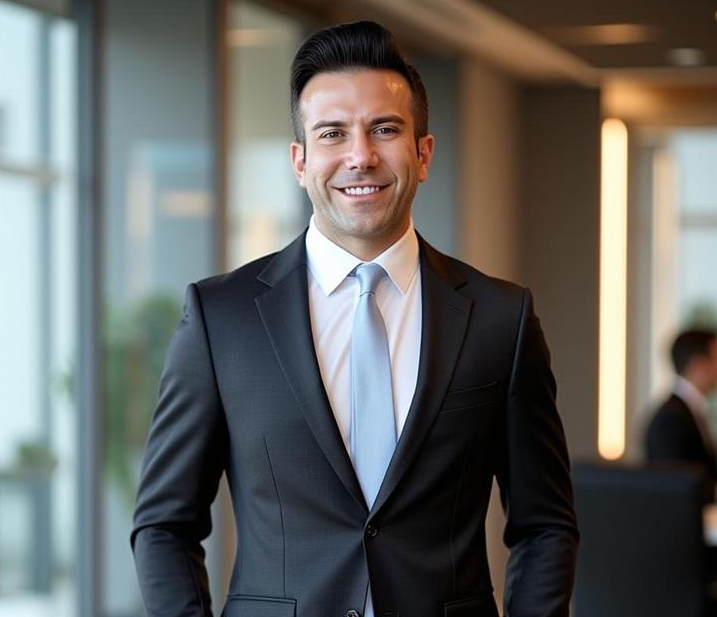
It felt like a flashback to better times at the Orange County Convention Center in Orlando as the well-attended International Convention of Allied Sportfishing Trades — ICAST — gathering held July 20-23 went off with nary a visible hitch other than the absence of between 110 to 130 international vendors due to travel restrictions.
At the event’s kick-off breakfast, the upbeat tone of the convention was set by the revelation of some staggering numbers by Frank Peterson, president of the Recreational Boating & Fishing Foundation (Take Me Fishing was the event’s presenting sponsor). Last year saw the largest growth ever in the sport’s history. Total participants who started fishing in 2020 rose by 4.6 million, bringing the percentage of Americans who fish up to 18 percent, or 54.7 million.
Robust sales in 2020 translated to a 54 percent increase in money — $209 million — received from the revenue of excise taxes on tackle, licenses, and fuel, which are distributed to various initiatives and non-profit organizations like the American Sportfishing Association, who stage ICAST.

The elephant in the room was the lingering Covid-19 pandemic, which has thwarted many organized events well into 2021 in most regions of the country and forced last year’s ICAST to be held virtually. However, the efficacy of the vaccines along with Florida Gov. Ron DeSantis’ “We’re open for business” mantra left Glenn Hughes, the president of ASA, with no doubt the show would go on. According to Hughes, the OCCC had held more than 100 events over the preceding 12 months, including Surf Expo in January, the nation’s first B2B trade show in America since March 2020. While that event required masks, only about 1 percent of ICAST 2021 attendees wore them.
The wild card was the spike in cases of the Delta variant of Covid-19, which hit Florida hard during the month preceding the event (and continues to do so). The only visible nods to the pandemic were signs giving attendees distancing advice, numerous hand sanitizer stations throughout the convention floor, and a post on the ICAST website that stated, “We are monitoring the situation daily and will ensure our plans follow the recommendations of public health experts and the standards set forth by the CDC and other federal, state and local agencies.”

The mood on the floor was incredibly upbeat, fueled by the enthusiastic crowd of attendees that numbered more than 10,000. According to Hughes, the strong fishing equipment market and 2022 forecast led buyers to place strong orders for the upcoming year. There were 475 vendors at the show and Hughes said there would have been more had some companies not bowed out due to supply chain issues that caused them to concentrate on servicing existing clients rather attracting new customers.
New technology was one of the major attractants and many flocked to the New Product Showcase to get a first-hand look at a wide variety of new products. Usually, the Best in Show award goes to a boat or high-tech electronic device — there were many of those on display — but for the first time, the top vote-getter went to a fishing lure: Berkley Gilly fishing lure, designed by bass pro Mike Iaconelli.

RBFF used its ICAST sponsorship to leverage its outreach efforts to bring new diversity into the sport of fishing and grow the numbers of anglers they hope will reach 60 million by the end of the year. Numerous seminars were available to share strategies of how to enhance the customer experience, retain recently acquired anglers, and sell more product. But perhaps the biggest takeaway of the event was that the sport of fishing is alive and well and poised to grow to further heights.











